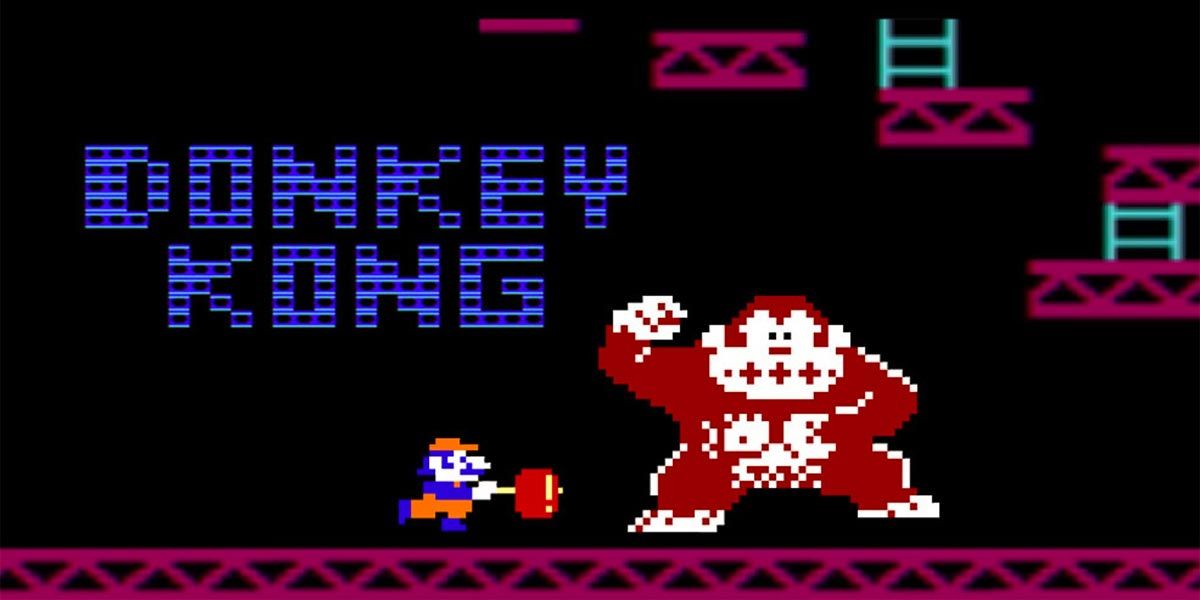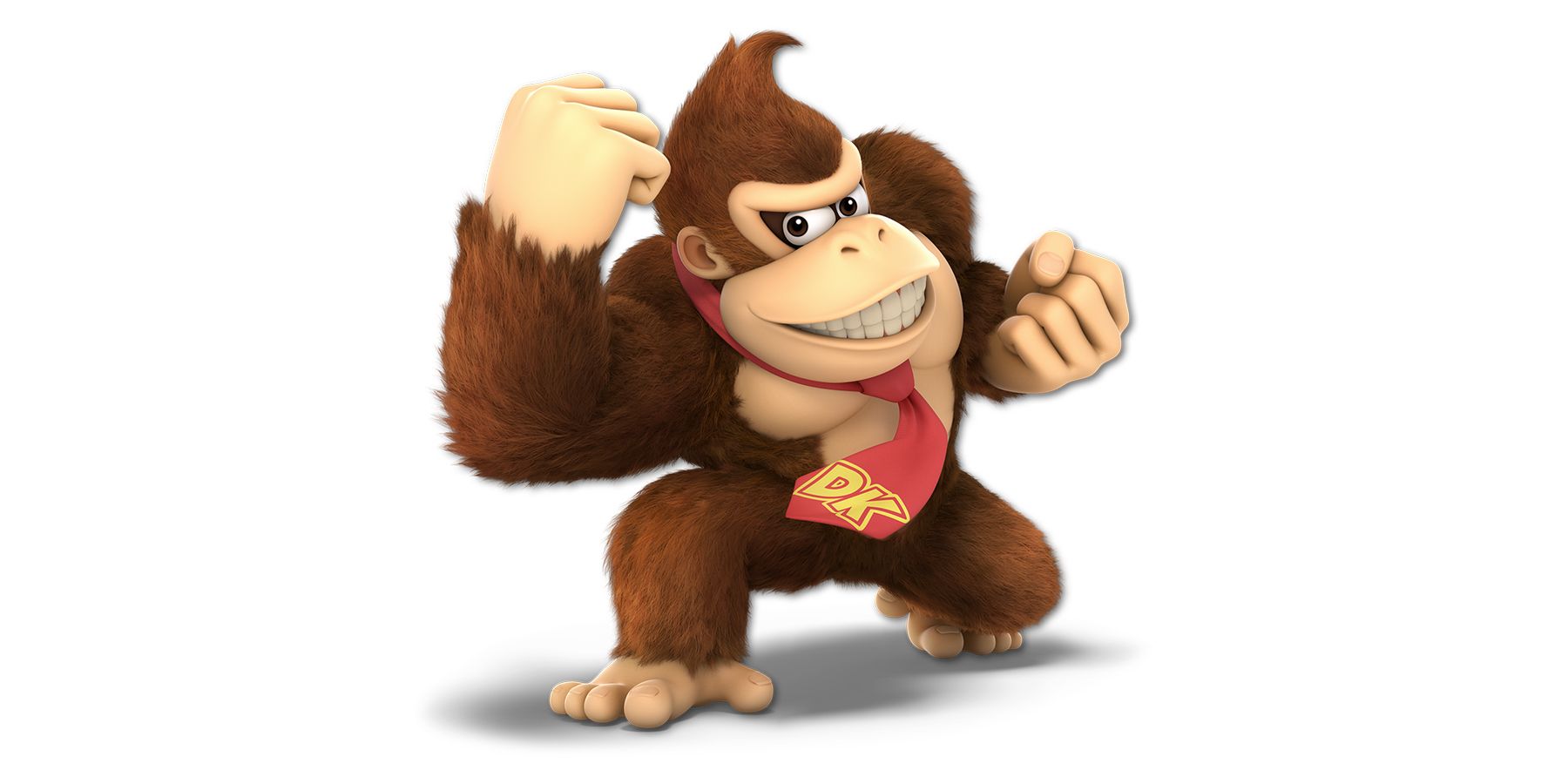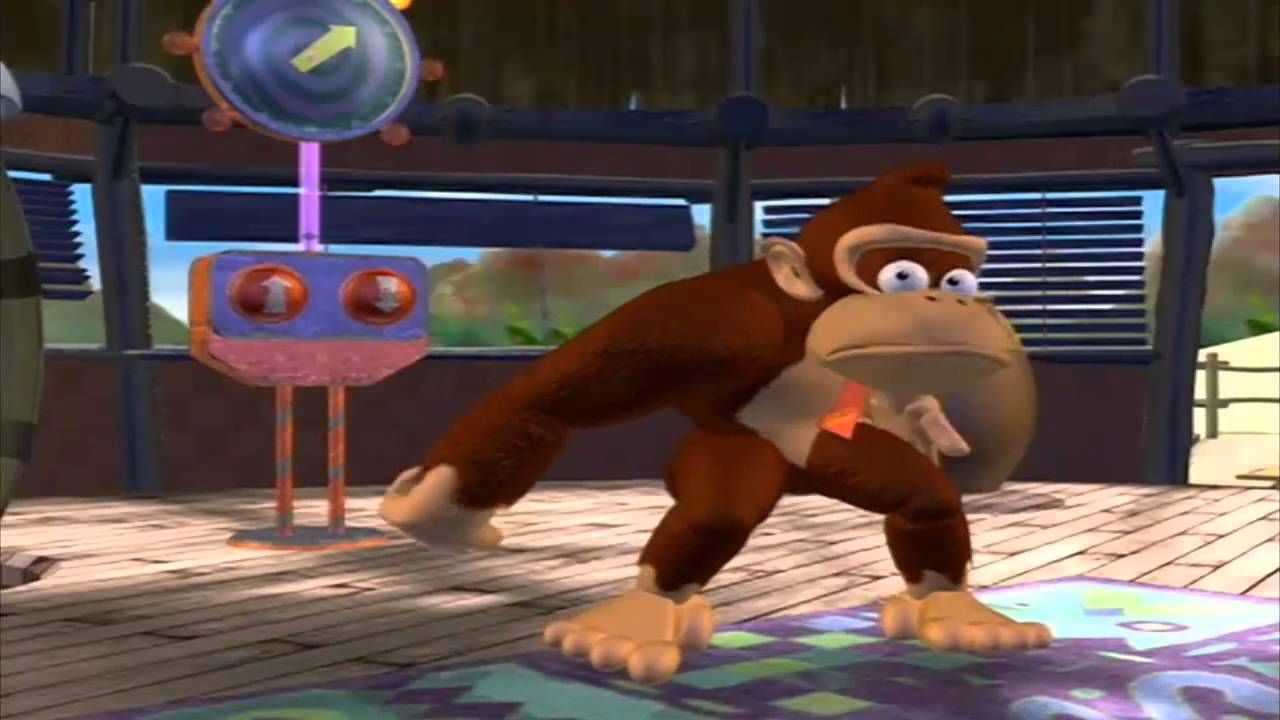John Joseph Kirby Jr. passed away on Oct. 2 at age 79. For those unfamiliar, he was an attorney who had success in cases for big corporations, such as America Online, General Foods, Pepsi Co. and Warner-Lambert. Before that, he worked for the Department of Justice, assisting the Civil Rights Division and was the deputy director on the Campus Unrest Commission following the 1970 shootings at Kent State University. However, he was best known as the inspiration for the Nintendo character Kirby, in response to him successfully defending the company in a court case against Universal Studios over Donkey Kong.
So in memorandum of John Kirby, let's take a look back at the case that saved Donkey Kong and gave one of Nintendo's most recognizable characters its namesake.
Before Court
In 1981, Nintendo released Donkey Kong to arcades. It was a huge success, the first for Nintendo in the video games market, and Nintendo turned this success into a multimedia property, including toys, clothing, cereal, and other forms of merchandise. This caught the attention of Sid Sheinberg, the president of MCA and Universal Studios City. Sheinberg was already looking to enter the video games industry when he was made aware of Donkey Kong's success. He sent his vice president of legislative matters Robert Hadl to look into the video game and he concluded that Donkey Kong was infringing on Universal's intellectual property by having a storyline based on King Kong.
At first, Sheinberg and Hadl decided to intimidate Nintendo by going after their licensing partners. Sheinberg went after their home console licensee Coleco, maker of the Colecovision, and Hadl went after their handheld partner, Tiger Electronics, who was actually Universal's subsidiary. Sheinberg threatened Coleco with a lawsuit for infringing on their IP, and Coleco president Arnold Greenburg accepted a deal to pay Universal 3% of Donkey Kong's royalties for Universal to not sue. Hadl wasn't as successful, having tried to revoke Tiger's license of Donkey Kong, as Tiger disputed Universal's right to King Kong at all.
Nintendo's current attorney, Howard Lincoln, was thinking about settling with Universal for $5-7 million and was being persuaded by Greenburg to settle (Lincoln was unaware Greenburg had already signed on), but ultimately decided to fight as, he too, was unsure of Universal's rights to King Kong. Hadl agreed to send a chain of title, proving Universal-owned King Kong to Nintendo, but this never happened, furthering Lincoln's suspicions. Lincoln and Nintendo's US division head Minoru Arakawa met with Sheinberg and Hadl to inform them they would not settle, to Hadl's shock, and solidifying that a lawsuit was imminent. Before the case went to trial, Hadl went to Tiger Electronics and had them make changes to the handheld title, including adding a hard hat to Mario, to prevent a countersuit from Nintendo.
Let's Go To Court
On June 29, 1982, Universal official filed suit against Nintendo and on January 3, 1983, they sent cease and desist letters to Nintendo's remaining licensees. All but two complied. Howard Lincoln decided to hire John Kirby, given his previous successes. Kirby researched the game's development, including speaking with Nintendo president Hiroshi Yamauchi and Donkey Kong designer Shigeru Miyamoto, who did say he originally referred to the character as King Kong as that is a Japanese-generic name for a large ape.
The case was held in the United States District Court for the Southern District of New York by Judge Robert W. Sweet and lasted seven days. Universal, being represented by New York firm Townley & Updike, claimed the name Donkey Kong could be confused with King Kong and the game's story was too similar to King Kong's story, thereby infringing on their intellectual property. Kirby not only demonstrated key differences between the two characters but also proposed that Universal had no right to King Kong as they had sued RKO Pictures eight years before to prove that the plot of King Kong was in public domain.
The case was a complete loss for Universal. Judge Sweet ruled that it was unlikely anyone would confuse the two giant apes as Donkey Kong was more comical than King Kong and was a parody at best. The judge also ruled that Universal did not own the rights to King Kong and went so far as to chastise the company for attempting to claim rights when it benefited them. In fact, because Universal had sent cease and desist letters to its licensees, Nintendo had the right to seek reparations. Furthermore, despite Hadl's attempts, Tiger's handheld game was seen as copyright infringement and the minor changes were not enough. Nintendo received $56,689.41 plus damages and attorney fees, which after counterclaims amounted to $1.8 million dollars. Universal tried to appeal the case twice but was unsuccessful.
Nintendo would thank Kirby by giving him a 30,000 dollar sailboat named the Donkey Kong with "exclusive worldwide rights to use the name for sailboats." Finally, his last name was given to Nintendo's newest character, Kirby. There's a rumor that John Kirby received a free copy of the game and found it to be humorous and flattering. The court case is seen as establishing Nintendo as a major player in American business and gave Nintendo the confidence it needed to take on other corporations in court later on.




